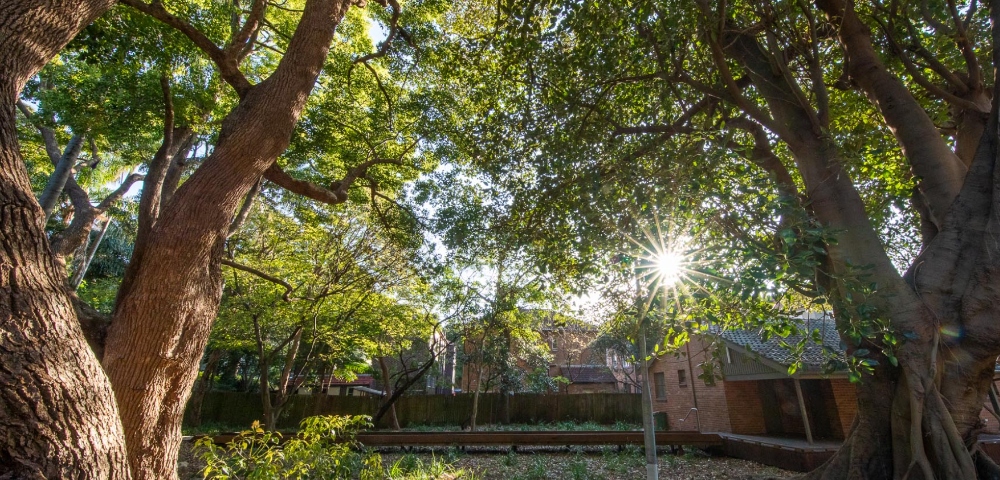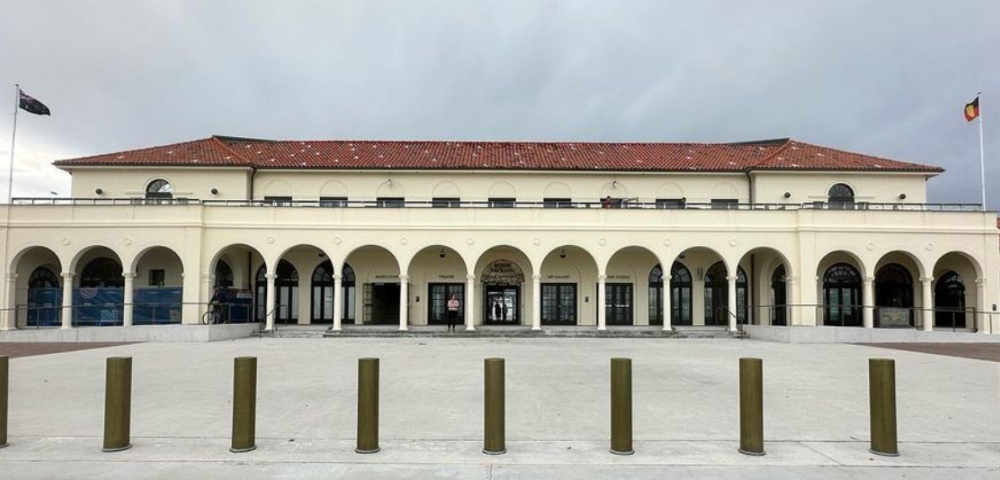
Dam water restrictions affect Eastern Suburbs

By Vanessa Lim
Water restrictions were implemented on the 1st of June, affecting residents all over Sydney. Due to the prolonged drought, dam levels have declined from 95% to only 53% capacity in NSW. This catalysed the implementation of Sydney Water’s level 1 water restrictions, with some restrictions including banning the use of standardised sprinklers, and not allowing running taps to be left unattended.
While the loss of water supply is worrying, some eastern suburb locals agreed that water restrictions were necessary. Waverley resident Lance Lieber, a landscaper and urban beekeeper, wondered why previous water restrictions previously were lifted.
“If they had not lifted the restrictions last time, they would not need to be implemented again this time,” Lieber said. Leiber supported the move for water restrictions despite it affecting his work. “Fresh drinking water is a precious resource and should not really be used to flush away sewage, let alone be used for watering hard surfaces.
“I am a landscaper and beekeeper; this will have devastating effects on the health of our ecosystems if people can’t water their gardens adequately.”
Water restrictions can be good for gardening
TV personality, Horticulturist and Northcote Pottery Ambassador Melissa King, who used to live in Bondi, weighed in on what eastern suburb residents like Lance Leiber could do to try to tackle the drought and water restrictions. “I don’t see water restrictions as necessarily being a negative thing for gardens. There are a lot of things about water restrictions that can be very good for gardening.”
King noted that hand watering could be beneficial to plants instead of using sprinklers. “Because you’re getting up and close with your plants, you often notice if any diseases early on or if there are any problems. With hand watering, you can control where the water goes so it’s most important to water the roots of a plant. That’s where you need the water the most and when you hand water, you can water your plants efficiently so you know where most of the water goes.”
King suggested using compost, which would improve the capacity for soil to hold onto water, and using a mulch to help with conserving moisture plus limit weeds. King also supported the water restrictions. “Water restrictions give us a chance to really reflect on the way that we actually water our garden. It also encourages us to be more thoughtful and smart about the ways we treat water. It’s a reminder that water is a precious resource. I think whether we have water restrictions or not, we need to be clever about the way that we water our gardens so that we’re taking care of the environment and caring for our plants.”
Water restrictions necessary to help stem decline in city’s reservoirs
Waverley Mayor John Wakefield acknowledged the drought and need for water conservation. “The drought is having a devastating impact on regional NSW, and limiting our outdoor water usage is imperative. Water restrictions are necessary to help stem a rapid decline in the city’s reservoirs and save our precious resource for the future.”
Mayor Wakefield said that water conservation and quality was an important issue for Waverley council. “In 2009, we were one of the first councils in Australia to develop a consolidated environmental strategy which set a strong community vision and ambitious targets. In the time since, and despite population growth, we continue to reduce greenhouse gas emissions and potable water use.
“We have developed stormwater harvesting at all of our beaches, installed solar power at our major sites, restored our bushland and continue to increase the waste diverted from landfill. Our parks are watered using recycled water from various Council owned and operated water recycling infrastructure. This helps us save over 80 million litres of drinking water per year.
“We have a water leak detection system that allows us to save water by detecting leaks in our buildings and promptly acting on them.”
Mayor Wakefield commented on the local community’s stance on protecting the environment in general. “We are lucky to have a community in Waverley that is passionate and motivated to help protect our environment. We have been ambitious in doing our bit for climate change, and as a coastal Council, are acutely aware of the potential impacts of climate change, particularly sea level rise.”
Lance Leiber added that more needed to be done to conserve water for the future. “It’s a small knee jerk response to a small part of a much greater problem. While necessary, it is barely a first step towards finding out better systems for a ‘civilised’ society.”









